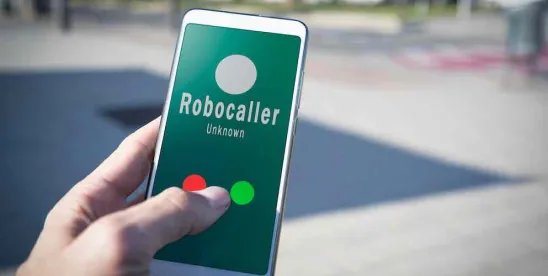All right, so I expect to cover this more at the Summit next week but I need to spend a few minutes talking about call content TCPA claims because these things are gathering steam.
The CFR requires that certain communications contain specific content. For instance, 47 CFR 64.1200(b) requires all prerecorded calls to contain specific disclosures–and marketing messages of this variety need to have an prompt opt out mechanism supplied. 47 CFR 64.1200(d), on the other hand, requires a disclosure of the identity of the caller/sender of the message–including (probably) text messages.
The issue in cases brought pursuant to these CFR sections is whether a private right of action exists. The TCPA contains two provisions authorizing the FCC to act to promulgate CFR regulations–227(c) and 227(d). The case law is uniform that a private right of action exists to enforce provisions promulgated under 227(c) but not under 227(d). Hence, figuring out whether a CFR section was promulgated under one or the other of these two sections determines whether you can be sued directly for violating the reg. (Notably, a regulator, the Industry Traceback Group, or the carriers can always come after you for violating these rules regardless of whether you can face private suit.)
If a private suit is authorized, of course, you’ll face 500 per call/text violating the provision (minimum), likely in a putative class action, so this is kind of a big deal.
Most courts have concluded (rightly) that 47 CFR 64.1200(b) requirements were promulgated under 227(d). 227(d) deals with the content required in prerecorded calls–and that matches 64.1200(b)’s requirements pretty squarely.
But a growing body of court decisions have now concluded that the content requirements of 47 CFR 64.1200(d) are different. Those–the argument goes–were promulgated under 227(c) because they help called individuals identify the caller for purposes of making a DNC request. And DNC implementation is what 227(c) is all about.
The most recent decision on this issue may ultimately by the tide changer.
In Worsham v. Disc. Power, Civil Action No. RDB-20-0008, 2021 U.S. Dist. LEXIS 230937 (D. Md. December 1, 2021) the court REVERSED ITSELF on the issue of whether a private right of action existed. The same court had previously concluded that no private right of action was permitted; i.e. that the CFR provision was promulgated under 227(d) and not 227(c).
But in the meantime an appellate court in Maryland–where the case is venued–was asked to look at the same issue. And the Maryland court came to a different conclusion. In order to assure “comity”, therefore, the Worsham court elected to reconsider its earlier ruling granting judgment for the defense and permitted the content claim to proceed.
This may end up being a watershed moment for TCPA content claims. The Worsham decision is a widely-cited opinion and with this reversal noted, courts considering this issue in the future will likely have an easier time permitting these claims to proceed. Indeed, these theories were already gaining steam–especially with respect to text messages–before this ruling, so the doors may really be wide open now.
I’ll keep an eye on this.




 />i
/>i
